Lina Ramadan
Halal certification can increase the quality of a company's products; case presented by participant proved the thesis
Lina Ramadan, Technical Manager of the Industrial Sector at FAMBRAS Halal, had a clear objective with the work presented at CTec Halal: to prove how Halal certification has a positive impact on certified companies.
To prove her thesis, she used an açaí industry as an example. The work “Relationship between Halal Auditing and Food Safety in an Açaí Industry” was developed during the MBA in Project Management, which she completed at USP/Esalq.
Lina, what led you to choose this theme for your work? What was your intention with it?
The theme was my final project for the MBA in Project Management from USP/Esalq. I thought it was important to show Halal beyond theory, that is, how it directly and indirectly impacts certified companies. So, the intention was to show a real case as proof to motivate the search for Halal certification and research in the area.
You have shown the impact on product quality after the execution of the action plan prepared to respond to the non-conformities identified during the external Halal audit. Can you briefly explain what this external Halal audit is?
The external audit mentioned in the paper is the assessment carried out by the FAMBRAS Halal certification body. Its purpose is to verify whether the company is able to manufacture Halal products. A document assessment stage is carried out and then, on-site, there is a complete verification of compliance with Halal requirements. The composition of the products is analyzed in terms of the use of Halal raw materials and additives (lytics) and Good Manufacturing Practices, among other requirements that ensure the supply of a quality product to the consumer.
Is it possible to mention what the non-conformities were or at least some of them?
One of the non-conformities was related to failure to comply with the segregation requirements for raw materials. Halal-certified industries must have a storage methodology that prevents cross-contamination with other raw materials, ingredients or additives that have not been assessed for Halal status. In this case, the company provided identification plates with the term “Halal”.
Another issue was the absence of a Critical Control Point in the process. To resolve this non-conformity, the client purchased a metal detector, applied at the end of the process, which safely rejects contaminated products from the production line.
From that point on, the action plan was drawn up. Was there a time frame to complete it? Did you follow this process?
The deadline to respond to non-conformities is 15 days. As some implementations would require more time to execute the activity and send the record, such as the purchase of equipment, gradual monitoring was carried out through interviews and in-person audits.
What were the contributions of Halal certification to this industry?
There were several: certification has been a facilitator of credibility in client prospecting meetings; the change in composition has been more pleasing to clients' tastes; there was a significant reduction in nonconformities found in three audits carried out over the course of 12 months by the certifier and, as I mentioned, a CCP (critical control point) was inserted into the production process. In addition, an assessment of monitoring effectiveness was implemented, after increasing the frequency of execution with the hiring of a new team; there was an improvement in the packaging checking procedure and employees were more motivated by innovations.
Based on your experience, do all companies that seek Halal certification end up “gaining” something more, just like in the case you presented?
Absolutely. We have received a lot of positive feedback from customers who comment on the increase in sales, the decrease in complaints after implementing procedures required for Halal certification, as well as the increased training of employees.
What is your assessment of CTec Halal?
CTec Halal was a very interesting initiative and I hope it really becomes a regular event, as works were presented with different and current themes that enrich knowledge and enable the dissemination of Halal more specifically.
Is there anything else you want to add that I didn't ask?
I would just like to reaffirm that companies that seek Halal certification increase their competitive potential, as it is a seal of quality that gives more credibility to the process.



